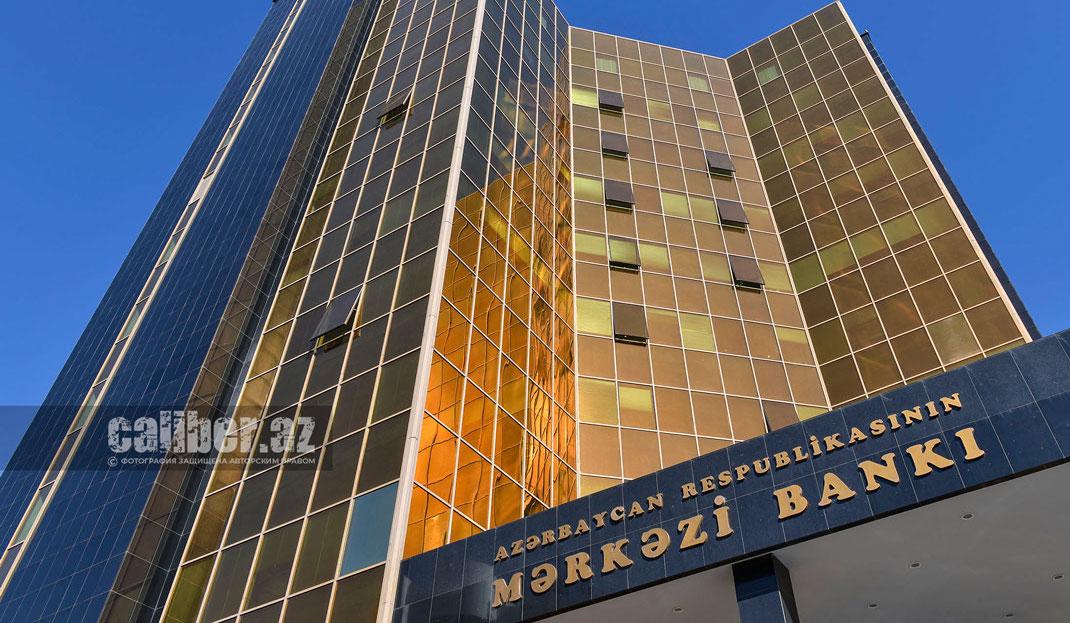Fintex Summit: Azerbaijan set to develop FinTech technologies Caliber.Az about impending great transformation
The efforts made in recent years to expand the infrastructure of non-cash payments stimulate the banking sector of Azerbaijan to expand e-banking services, develop new electronic platforms and, in general, maximise the digitalisation of the operating environment. The expansion of non-cash payments and the mass use of fintech solutions is now an uncontested trend, given the expected introduction of the Open Banking platform in the country in the near future. These and other issues were discussed at the Fintex Summit, a two-day financial forum ending today [June 17] in Baku, organised with the support of the Central Bank of Azerbaijan (CBA), the Association of Banks of Azerbaijan (ABA) in partnership with Visa International.
Over the past few years, the global financial system has been under severe pressure caused by successive global crises – pandemic, energy-inflationary, and more recently, sanctions, which led to the disconnection of the Russian banking system from the global SWIFT (Society for Worldwide Interbank Financial Telecommunications), covering 11,000 financial organisations from 200 countries in the world.
Oddly enough, all these metamorphoses have only strengthened the prevailing trend in the world: in the foreseeable future, the pace of development and success of credit institutions will largely depend on their ability to reform in the direction of digitalisation of services and their greater convergence with new tools of payment systems and other fintech structures. This trend became noticeable in Azerbaijan during the peak of the 2020 pandemic, playing the role of a catalyst for changes in domestic banks: restrictions on the movement of citizens during lockdowns and quarantine significantly increased the popularity of e-banking services, mobile banking, Internet payments in the framework of dynamically growing e-commerce, etc. It is noteworthy that the beginning of the process of digitalisation of services and popularisation of non-cash payments was laid during the implementation of the "State Program for the expansion of digital payments in Azerbaijan for 2018-2020". The large-scale reforms of the payment system that have been underway for the fourth year have accelerated the introduction of IT infrastructure and new software solutions in the banking sector, processing structures and other payment service providers.
"In order to expand non-cash payments, the Central Bank of Azerbaijan has implemented major projects, and today this activity continues successfully. As of June 1, 2022, 12.4 million bank cards were registered in Azerbaijan, which is 20 per cent higher than the corresponding figures of last year. In turn, non-cash payments increased 2.1 times - up to 8.1 billion manats, and the growth rate of the share of non-cash turnover amounted to 12 per cent," said CBA CEO Farid Osmanov, who spoke at the Fintex Summit, said. He noted that e-commerce accounted for 6 billion manats. According to the CEO, in accordance with the CBA roadmap, it is planned to expand cooperation with fintech projects until 2025, and a number of laws in this area are expected to be adopted by late 2022.

Thus, the strengthening of the digitalisation of the banking sector will soon acquire the property of the main direction of the development of financial services in Azerbaijan, taking into account the new concept of the development of payment systems, which will soon be introduced in the country. Aspects of digital transformations in the banking sector were discussed in detail on June 16-17 within the framework of eight-panel sessions of the Fintex Summit forum, which was attended by 2,000 delegates from 120 specialised companies.
The forum provided information about global industry trends, the development of new digital platforms, etc. So, according to the World Bank, relatively recently, in 2018, there were 12,000 fintech organisations in the world, by the beginning of 2021 their number reached 23,000, and by the end of 2022, it may increase by another half.
"The volume of global investments in fintech has also increased: in 2021, investments in this area reached $210 billion. It seems that such a rapid introduction of fintech has prompted banks to take more flexible and rapid steps," Ruslan Talibov, participant of the Fintex Summit forum, Chairman of the Board of the Azerbaijan Fintech Association, said. According to him, a quarter of this amount, that is, $51.7 billion, fell on payment systems called e-tech, and $30 billion was directed to the field of cryptocurrencies. Recently, especially after the COVID-19 pandemic, digital payments, digital onboarding, E-KYC (know your customer), BMPL (buy now, pay later - buy now, pay later), as well as neobanks (operate only in the online space) have become widespread.
The head of the association noted that new trends are gradually developing in Azerbaijan, where, in particular, more than 20 fintech organisations operate, mostly working in the field of payment aggregators and sales of services.
It is expected that in the near future the development of fintech technologies in Azerbaijan will accelerate, and the number of companies involved in this business will increase, which is guaranteed by the large-scale transformations carried out through the Central Bank. So, at the end of last year, the CBA, together with specialists of the Association of Financial Technologies (AzFina), developed a draft law "On payment services and payment systems", designed to increase competitiveness in the country's payment market, including by opening it more to the participation of international vendors and financial and technical organisations. And since the beginning of 2022, within the framework of the "Roadmap for the Use of Financial Technologies" project, specialists of the Central Bank and the British TheCityUK have been developing a "roadmap" of financial technologies aimed at expanding access to fintech services and the formation of a digital banking ecosystem in the republic.

At the same time, the Central Bank is completing the development of the OpenBanking platform, as well as forming a roadmap calculated until 2026, through which it is planned to introduce open banking mechanisms in all credit structures of the country. The Roadmap contains all planned measures and legislative reforms aimed at applying open banking approaches for a five-year period.
What advantages will the customers of domestic banks receive after the introduction of OpenBanking tools? First of all, it will allow customers to expand access to banking information by combining various data on cards, accounts, loans, and deposits in one or several banks through a single software interface. The free banking mechanism will provide payment systems and fintech companies with access to bank data, and customers will be able to obtain more complete information, carry out transactions, open accounts and receive loans, analyse their data and optimise the credit load and tax burden, which will facilitate financial accounting and automate payment processes, as well as much more. Moreover, with the introduction of the Open API system in banks, all this information will be available through third-party software interfaces. Accordingly, bank customers will be spared the need to use inconvenient applications, be limited to meagre functionality and pay high fees if there are more convenient solutions.
The listed advantages of the Open API/OpenBanking toolkit are especially attractive for business circles, where today there is a massive transition to electronic payments, and the use of mobile and e-banking services is expanding, which saves time and money and optimises workflows.
Given the pace of implementation of OpenBanking tools in Europe, the USA and other developed countries of the world, it is quite obvious that such technologies will become the leading trend in the global financial system in the near future. And this, of course, requires adequate efforts from Azerbaijan to accelerate the processes of digital modernisation of domestic banks and their operational convergence with fintech structures.








